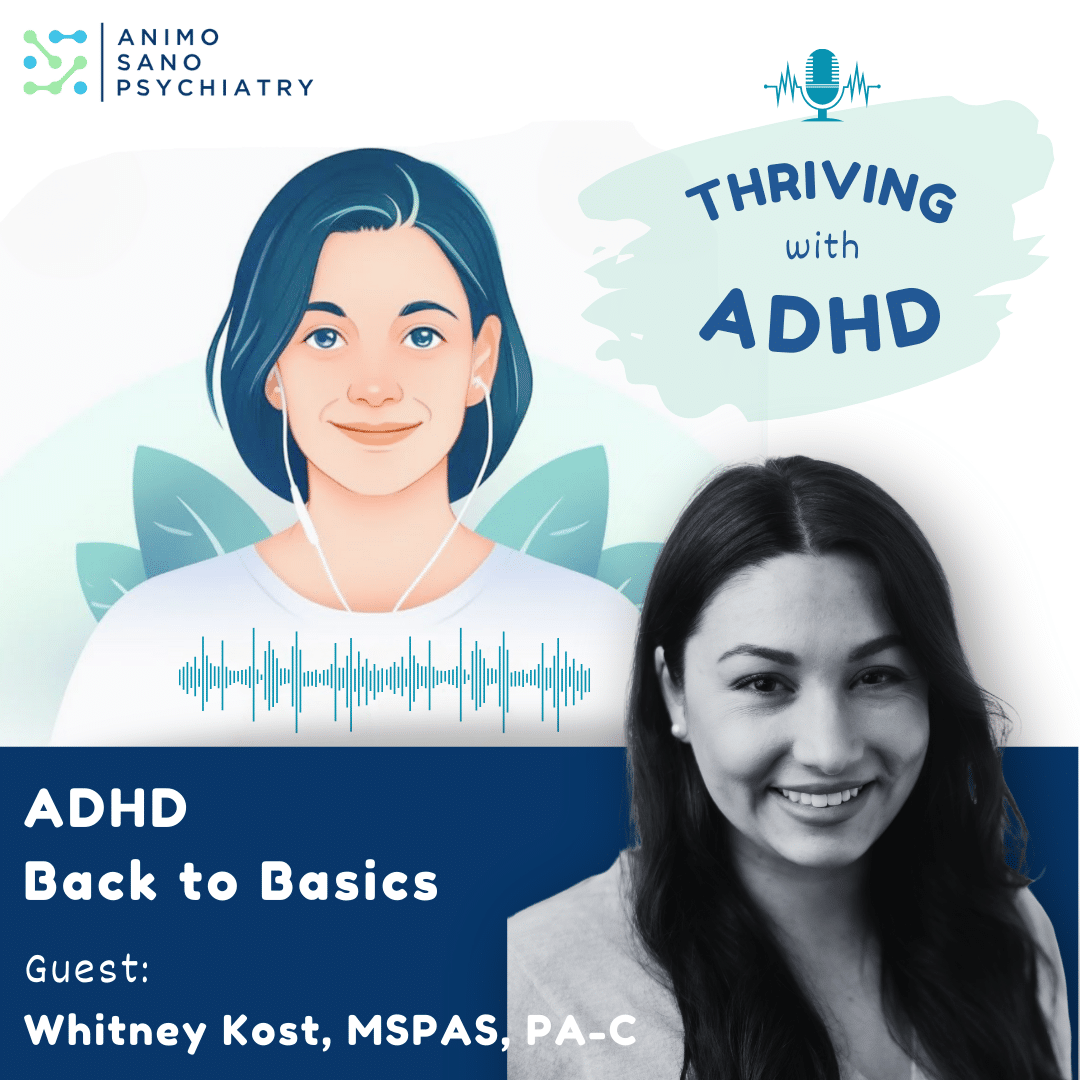

Much has been said about the benefits of exercise on the executive functions of those with ADHD: some endorse aerobic exercise, others prefer cognitive engaging exercise, and still, others deny that there is any benefit at all. The truth is that the information in this regard can be scarce, confusing, and contradictory.
But to affirm or deny the information, you have to rely on the scientific evidence available at the time. That is why we wanted to mention a meta-analysis published in 2021 entitled The impact of exercise interventions concerning executive functions of children and adolescents with attention-deficit / hyperactive disorder: a systematic review and meta-analysis and, from here, bring some clarity to all our readers on this topic.
What is a meta-analysis?
Before diving further into the subject, let’s clarify what a meta-analysis is and why it is useful for us on this topic.
A meta-analysis, as defined by the Himmelfarb Health Sciences Library, is “a method for systematically combining pertinent qualitative and quantitative study data from several selected studies to develop a single conclusion that has greater statistical power.” In other words, a meta-analysis allows us to bring together the different results of relevant studies related to a certain topic in a single conclusion and to say with greater probability that there is scientific evidence to affirm the effects and findings. In this case, what are the effects of exercise on executive functions in people with ADHD?
Exercise and executive functions in ADHD
Now let’s talk about the findings of this review in regards to the benefits of exercise on the executive functions of children and adolescents with ADHD. The meta-analysis that we have cited in this article corresponds to the review of 15 studies that involve a total of 493 children and adolescents with ADHD aged between 6 and 18 years. The executive functions assessed (outcome measures) were working memory, cognitive flexibility, and inhibitory control.
Some of these studies assessed the effects of aerobic exercise (e.g., cycling, swimming, jumping, or running), others assessed the effects of cognitive engaging exercise (e.g., tennis, ping-pong, or basketball), and some others conducted a comparison between the two. They also assessed the effect of acute interventions (30 minutes) vs. chronic interventions (6 to 12 weeks) as well as the intensity of exercise (mild, moderate, or vigorous). All this data allows the conclusion of this meta-analysis to be of greater value than each of these studies separately.
Results: scientific evidence regarding exercise and ADHD

This meta-analysis concluded that exercise, both aerobic and cognitive engaging, has a positive impact on the executive functions of
children and adolescents, with the greatest benefit being in the improvement of inhibitory control and cognitive flexibility.
Regarding the duration of the interventions, the evidence indicates that chronic interventions are significantly more beneficial than acute ones. Also, it was found that moderate physical activity has a longer positive effect than mild or vigorous physical activities.
With these findings, we want to highlight that the practice of exercise in children and adolescents with ADHD is a valid and effective therapeutic intervention. Furthermore, when exercise is carried out under certain parameters, the practice of exercise can translate into a considerable improvement of executive functions and contribute to improved academic performance, quality of life, and opportunities for this population.
Finally, although exercise is a complementary therapeutic tool, it must be accompanied by the follow-up of a specialist in this area.
Other Blog Posts in
Animo Sano Psychiatry is open for patients in North Carolina, Georgia and Tennessee. If you’d like to schedule an appointment, please contact us.
Get Access to Behavioral Health Care
Let’s take your first step towards. Press the button to get started. We’ll be back to you as soon as possible.ecovery, together.




